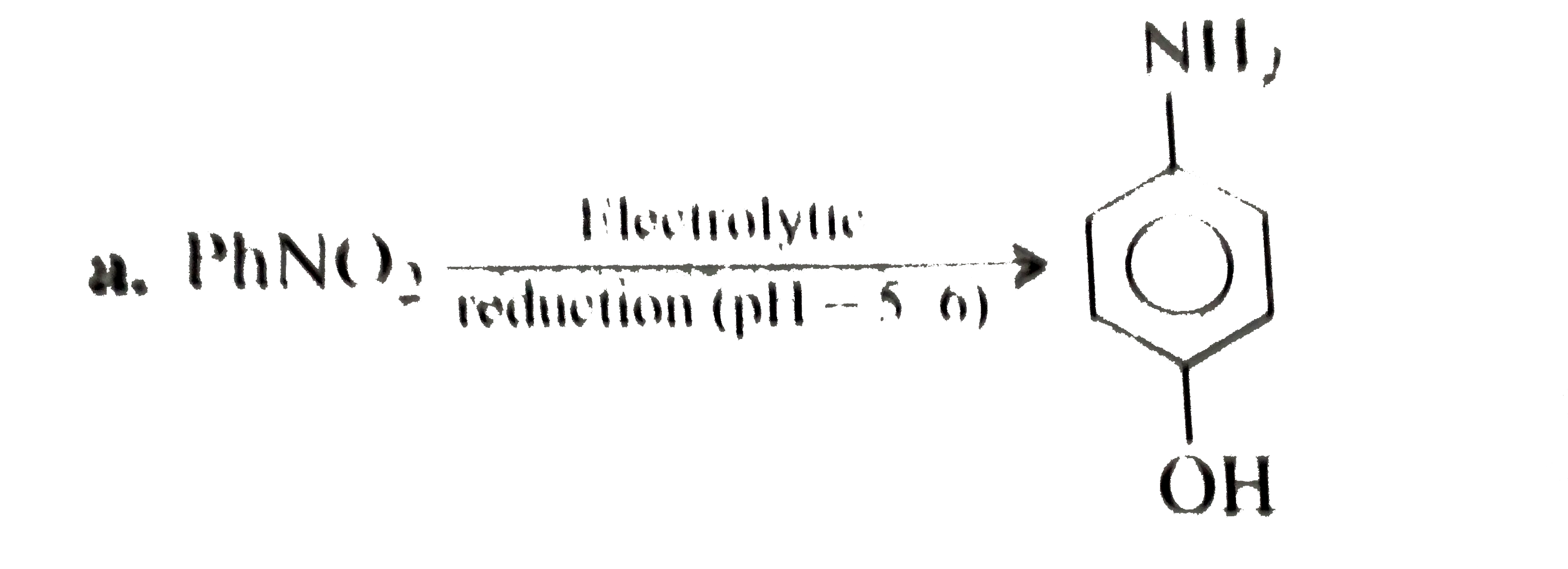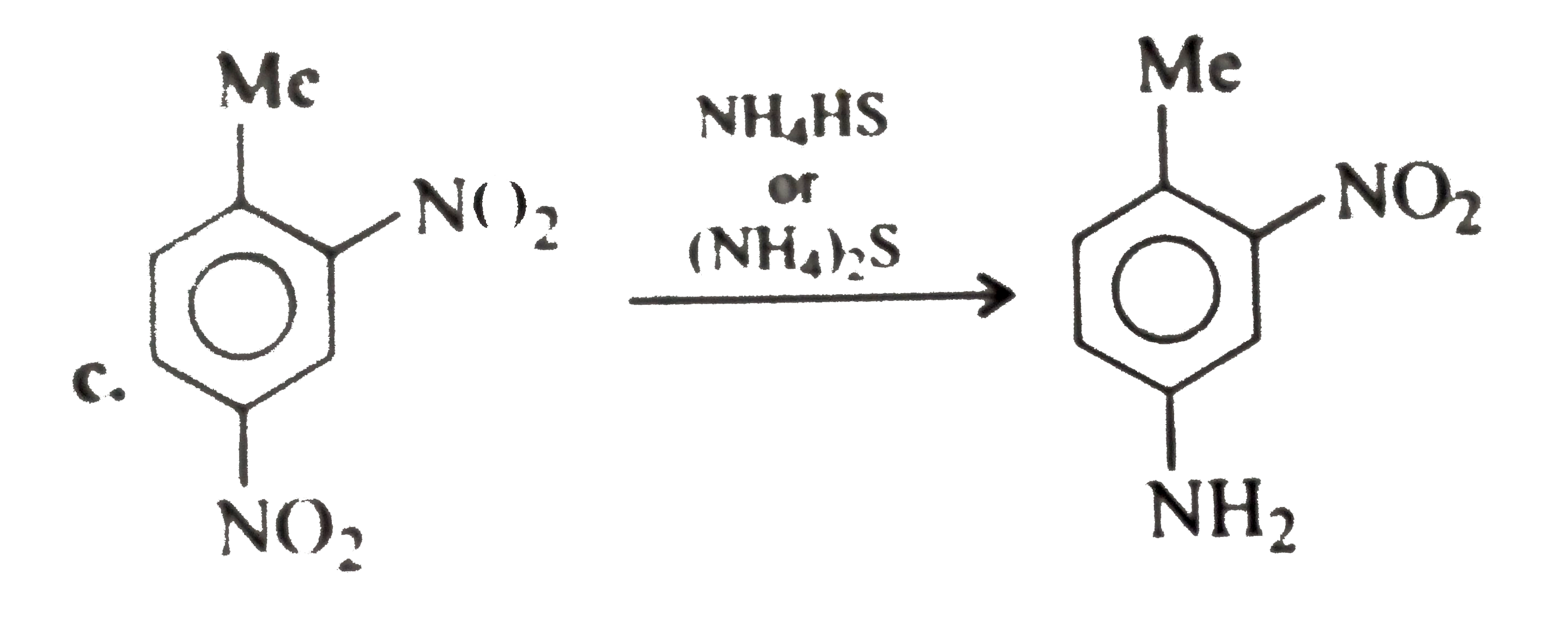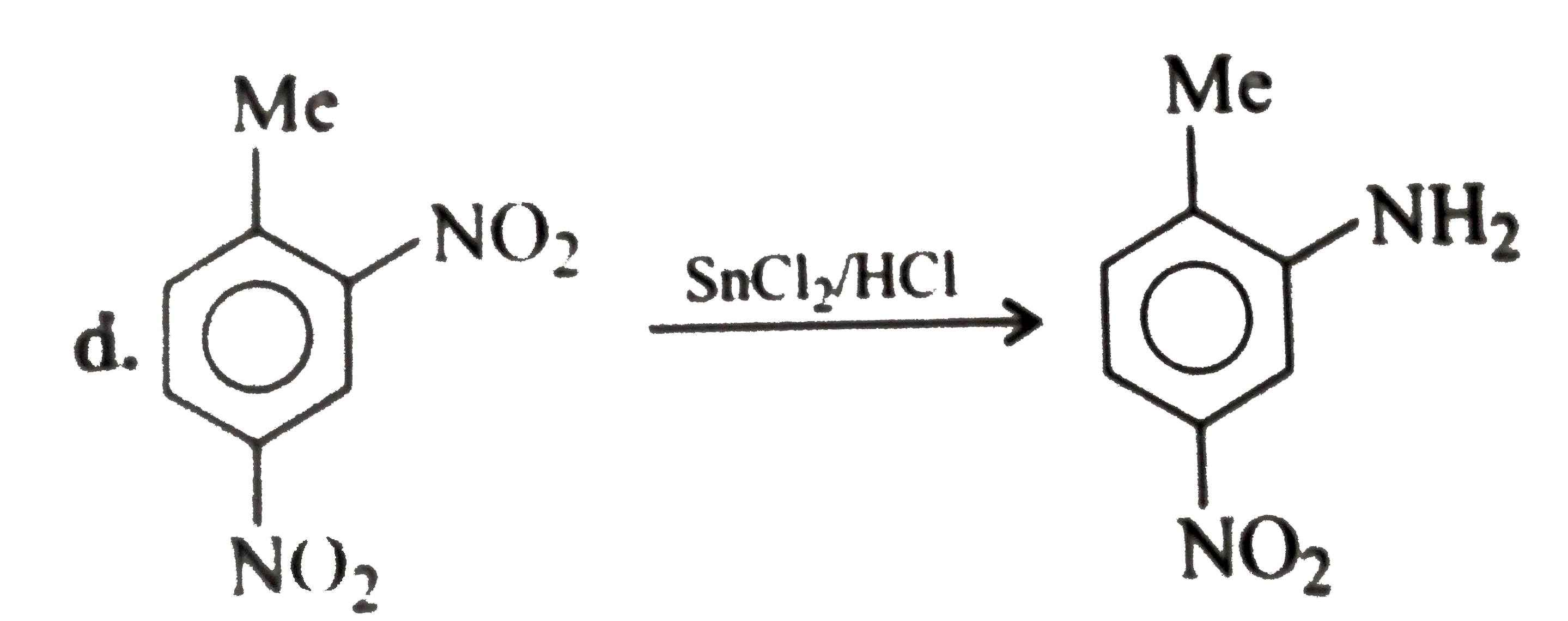Which of the following about the rate constant K of a reaction wrong ?
it remains unchanged throughout the course of reaction
it provides a convenient measure of reaction rate
it is expressed in the same unit(sec)1 for all reactions
the more rapid the reaction, the larger is the value of K, the slower the reaction the smaller is its value
The correct Answer is:C
To determine which statement about the rate constant k of a reaction is incorrect, let's analyze each statement provided in the question:
1. It remains unchanged throughout the course of the reaction.
- This statement is true. The rate constant k is a characteristic of a particular reaction at a given temperature and does not change as the reaction proceeds.
2. It provides a convenient measure of a reaction rate.
- This statement is also true. The rate constant k is used in the rate law to relate the rate of a reaction to the concentrations of the reactants, thus providing a measure of the reaction rate.
3. It is expressed in the same unit (second) for all the reactions.
- This statement is false. The units of the rate constant k vary depending on the order of the reaction. For example, for a first-order reaction, the units are s−1, while for a second-order reaction, the units are L⋅mol−1⋅s−1. Thus, this statement is incorrect.
4. The more rapid the reaction, the larger the value of k. The slower the reaction, the smaller is its value.
- This statement is true. A larger value of k indicates a faster reaction, while a smaller value indicates a slower reaction.
Conclusion:
The incorrect statement is: "It is expressed in the same unit (second) for all the reactions."
- This statement is true. The rate constant k is a characteristic of a particular reaction at a given temperature and does not change as the reaction proceeds.
- This statement is also true. The rate constant k is used in the rate law to relate the rate of a reaction to the concentrations of the reactants, thus providing a measure of the reaction rate.
- This statement is false. The units of the rate constant k vary depending on the order of the reaction. For example, for a first-order reaction, the units are s−1, while for a second-order reaction, the units are L⋅mol−1⋅s−1. Thus, this statement is incorrect.
- This statement is true. A larger value of k indicates a faster reaction, while a smaller value indicates a slower reaction.
The incorrect statement is: "It is expressed in the same unit (second) for all the reactions."
Topper's Solved these Questions
- BOOK - NARAYNACHAPTER - CHEMICAL KINETICS EXERCISE - EXERCISE -1 (C.W) (RATE OF REACTION & FACTORS)14videos
CHEMICAL KINETICS
- BOOK - NARAYNACHAPTER - CHEMICAL KINETICS EXERCISE - EXERCISE -1 (C.W) (ORDER OF REACTION)14videos
CHEMICAL KINETICS
- BOOK - NARAYNACHAPTER - CHEMICAL KINETICS EXERCISE - CHECK YOUR GRASP14videos
CHEMICAL KINETICS
- BOOK - NARAYNACHAPTER - CARBOXYLIC ACIDEXERCISE - All Questions288videos
CARBOXYLIC ACID
- BOOK - NARAYNACHAPTER - CHEMISTRY IN EVERYDAY LIFEEXERCISE - ASSERTION & REASON TYPE QUESTIONS10videos
CHEMISTRY IN EVERYDAY LIFE
Similar Questions
Knowledge Check
- Question 1 - Select One or More
Which of the following reaction are wrong?
A B
B C
C D
D
- Question 2 - Select One
Which of the following statement about the rate of a chemical reaction is (are) not true?
A(a) The rate remains constant throughout the reaction in all order of reactionB(b) The rate increases as the reaction proceedsC(c ) The rate decreases as the reaction proceedsD(d) None of these - Question 3 - Select One
Which will lead to a change in the rate constant k of a reaction
AA change in the pressureBchange in temperatureCchange in the volume of the reaction vesselDall
Which of the following is wrong about Protista?
View SolutionRate law expression of a reaction is :
Rate = k[A]2/3[B]
Which of the following are correct about the corresponding reaction ?View Solutionwhich of the following are correct about rate of reaction?
View SolutionWhich one of the following is wrong about the molecularity of a reactions ?
View SolutionFor which of the following reactions, the units of rate constant and rate of reaction are same?
View Solution

